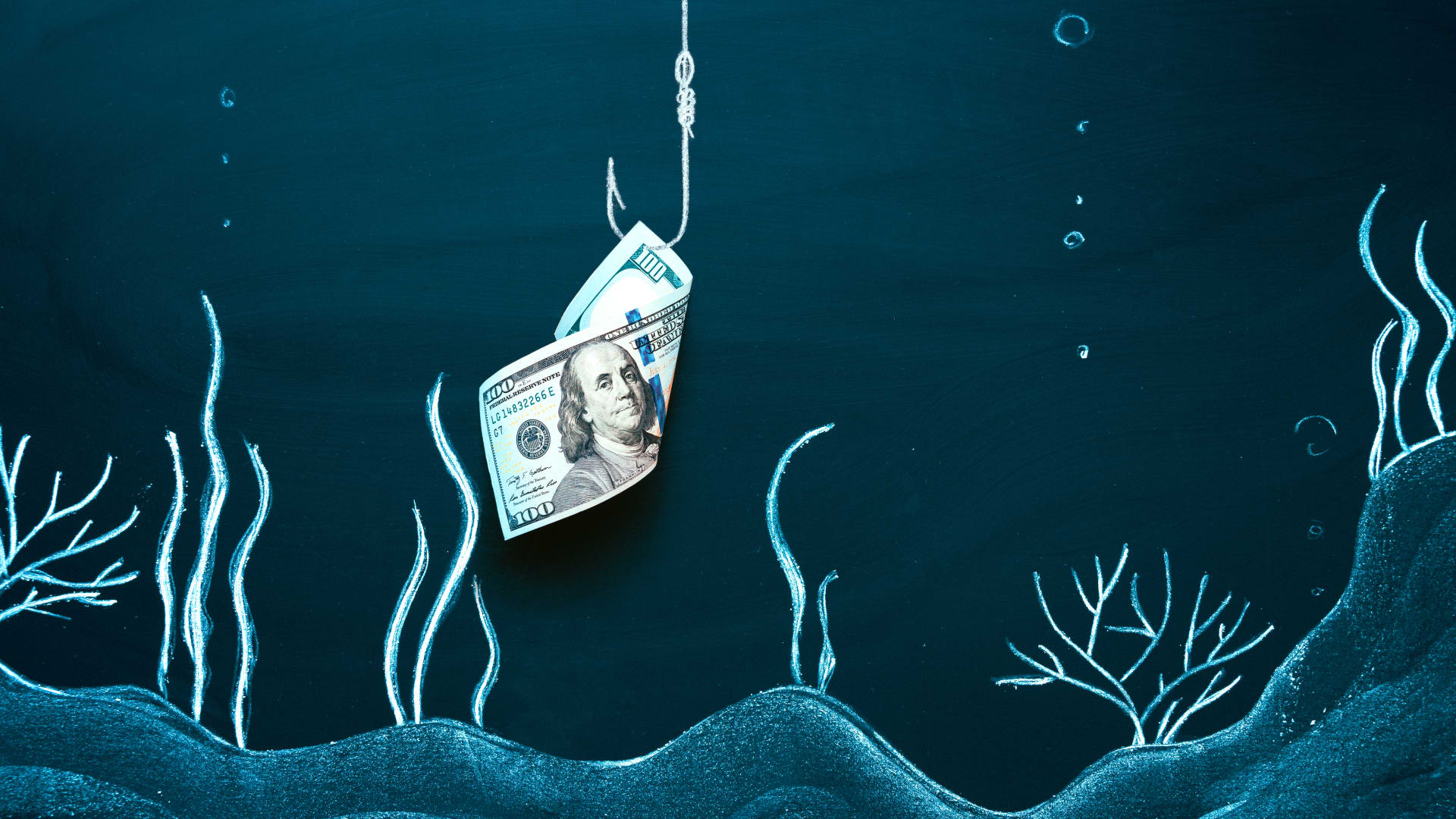I’ve been a professor of economics for nearly 40 years. My goal has always been to make the subject as accessible as possible for everyone, on both a personal and global level.
One of the biggest lessons I share with my students — and people who ask me for personal finance tips — is that not all money we spend has to produce an immediate return on investment.
Some purchases are just meant to make you happy, and that’s okay. On the other hand, no matter how well you plan, even the most well-reasoned, well-intentioned choices can turn out to be more financial trouble than they are worth.
To that end, here is the best and worst money I ever spent:
The best money I ever spent: A Spanish guitar
How much it cost: $500
Why it was so valuable: I bought this guitar in Nuremberg, Germany when I was 16. I had just arrived on a year’s exchange program. I was homesick and could hardly speak a word of the language.
But learning to play guitar was a great distraction, and it helped me make new connections. I’ve been playing ever since. I’m awestruck at how much pleasure you can derive from a musical instrument, with its unlimited capacity for innovation.
What it taught me: Something simple can turn into a meaningful experience that boosts your quality of life and mental well-being — and pays off in ways you don’t expect in the long-term.
The worst money I ever spent: An antique, wooden 1957 Fleetcraft motor boat
How much it cost: $26,000
Why it was a mistake: After the initial purchase, we had to spend another $11,000 on a new engine and bilge pump, $3,000 rebuilding its antique trailer, and another $3,000 making it seaworthy (e.g., special bottom paint).
Our goal was to use it in Narragansett Bay. What we didn’t realize is that 14-foot wooden boats made for lakes don’t do so well in large, windy, ocean-like bodies of water. We spent a boatload of money and were only able to take it out a few times, when the wind and wave heights were both low.
Needless to say, Navigula (Latin for “small boat”) is now up for sale.
What it taught me: Even things you love can bring more stress than joy, so look before you leap. Ask questions, and then ask more questions, especially when you are making a big purchase. Make sure the facts and your imagination line up.
Laurence J. Kotlikoff is a professor of economics at Boston University, president of Economic Security Planning, and the New York Times best-selling author “Money Magic: An Economist’s Secrets to More Money, Less Risk, and a Better Life.” He received his PhD in Economics from Harvard University. His columns have appeared in The New York Times, WSJ, Bloomberg and The Financial Times. In 2014, The Economist named him one of the world’s 25 most influential economists. Follow him on Twitter @Kotlikoff.
Don’t miss:
Want to be smarter and more successful with your money, work & life? Sign up for our new newsletter here
Get CNBC’s free Warren Buffett Guide to Investing, which distills the billionaire’s No. 1 best piece of advice for regular investors, do’s and don’ts, and three key investing principles into a clear and simple guidebook.
